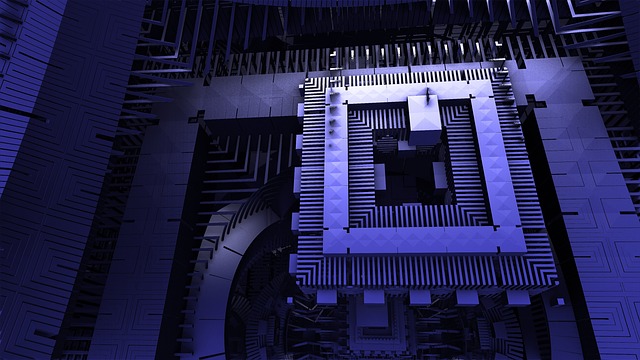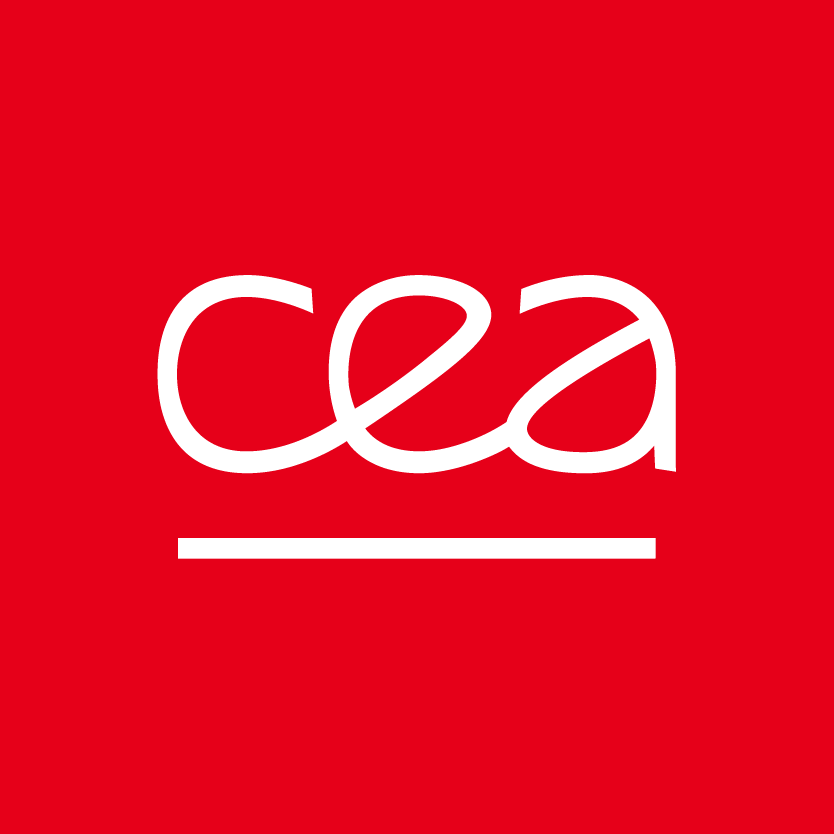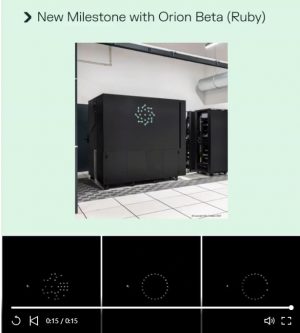The deployment of Ruby, a neutral atom quantum processor/simulator developed by French startup Pasqal, is making decisive progress at the TGCC (Très Grand Centre de calcul, located at CEA). In March, the first 35 atoms were trapped; this number is expected to reach 100 in the coming months (1). The calibration process is nearing completion, and the machine will soon be available to researchers. Ruby was acquired by GENCI (Grand équipement national de calcul intensif) as part of the European HPCQS project and the national quantum strategy.
A team from IPHT (2) participated in the beta testing phase of the TGCC’s quantum software environment, testing Eviden’s QLM emulator but above all proposing the first use case on Ruby: Many-body Quantum Score, a benchmark dedicated to the study of many-body quantum problems. For the first time in the world, an application involving a neutral atom processor has been carried out outside the experimental setting of a laboratory (3).
This breakthrough also marks an important milestone for the BACQ project (4) (within the MetriQs-France program (5)), which aims to develop benchmarks for quantum computers. Benchmarking plays an essential role in the evaluation of emerging technologies, providing users with objective and reproducible protocols for comparing the performance of different machines and their progress.
With this first application of a quantum machine at the TGCC, quantum computing is taking a step forward, gradually moving out of the experimental realm and into the realm of early applications. The development of benchmarks is also a necessary building block for the establishment of international standards, positioning the CEA and France as leading players in this strategic field.

(1) https://www.pasqal.com/newsroom/hpcqs-new-step-deployment-ruby-tgcc-reaching-first-35-trapped-atoms-track-final-100/
(2) Harold Erbin et Grégoire Misguich
(3) https://www.linkedin.com/feed/update/urn:li:activity:7336313118140100608/
(4) https://www.cea.fr/drf/Pages/Actualites/Vie-de-la-DRF/2023/bacq-benchmark-performances-calcul-quantique.aspx
(5) https://anr.fr/ProjetIA-22-QMET-0002


